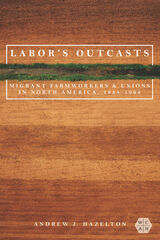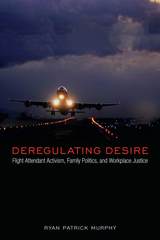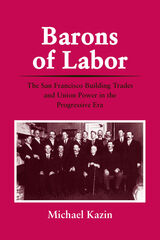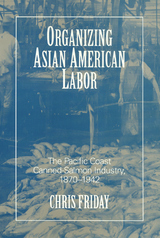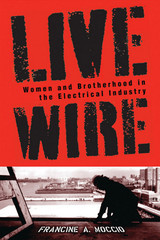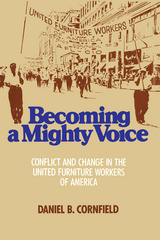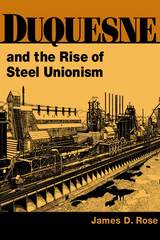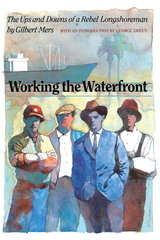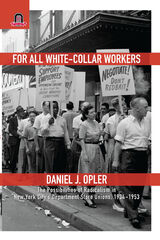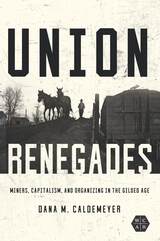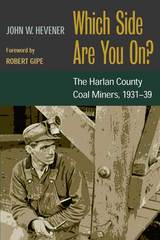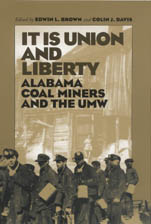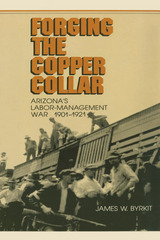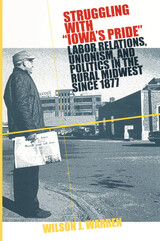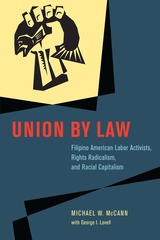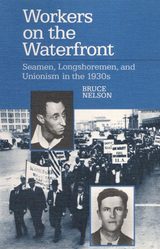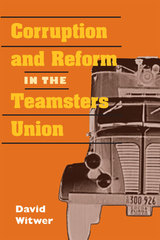Race, Class, and Power in the Alabama Coalfields, 1908-21
University of Illinois Press, 2001
Cloth: 978-0-252-02622-5 | Paper: 978-0-252-06933-8
Library of Congress Classification HD6515.M615K45 2001
Dewey Decimal Classification 331.881626209761
Cloth: 978-0-252-02622-5 | Paper: 978-0-252-06933-8
Library of Congress Classification HD6515.M615K45 2001
Dewey Decimal Classification 331.881626209761
ABOUT THIS BOOK | AUTHOR BIOGRAPHY | REVIEWS
ABOUT THIS BOOK
Brian Kelly's acclaimed look at the fault lines in the society of an Alabama city challenges the notion that white workers led the resistance to racial equality in the Jim Crow South. Kelly focuses on the forces that brought the black and white miners of Birmingham, Alabama, together during the hard-fought strikes of 1908 and 1920. He examines the systematic efforts by the region's powerful industrialists to create racial divisions as a means of splitting the workforce, preventing unionization, and keeping wages the lowest in the United States. He also details the role played by Birmingham's small but influential black middle class, whose espousal of industrial accommodation outraged black miners and revealed significant tensions within the African American community.
See other books on: African American coal miners | African American labor union members | Class | Coal miners | Labor unions
See other titles from University of Illinois Press

